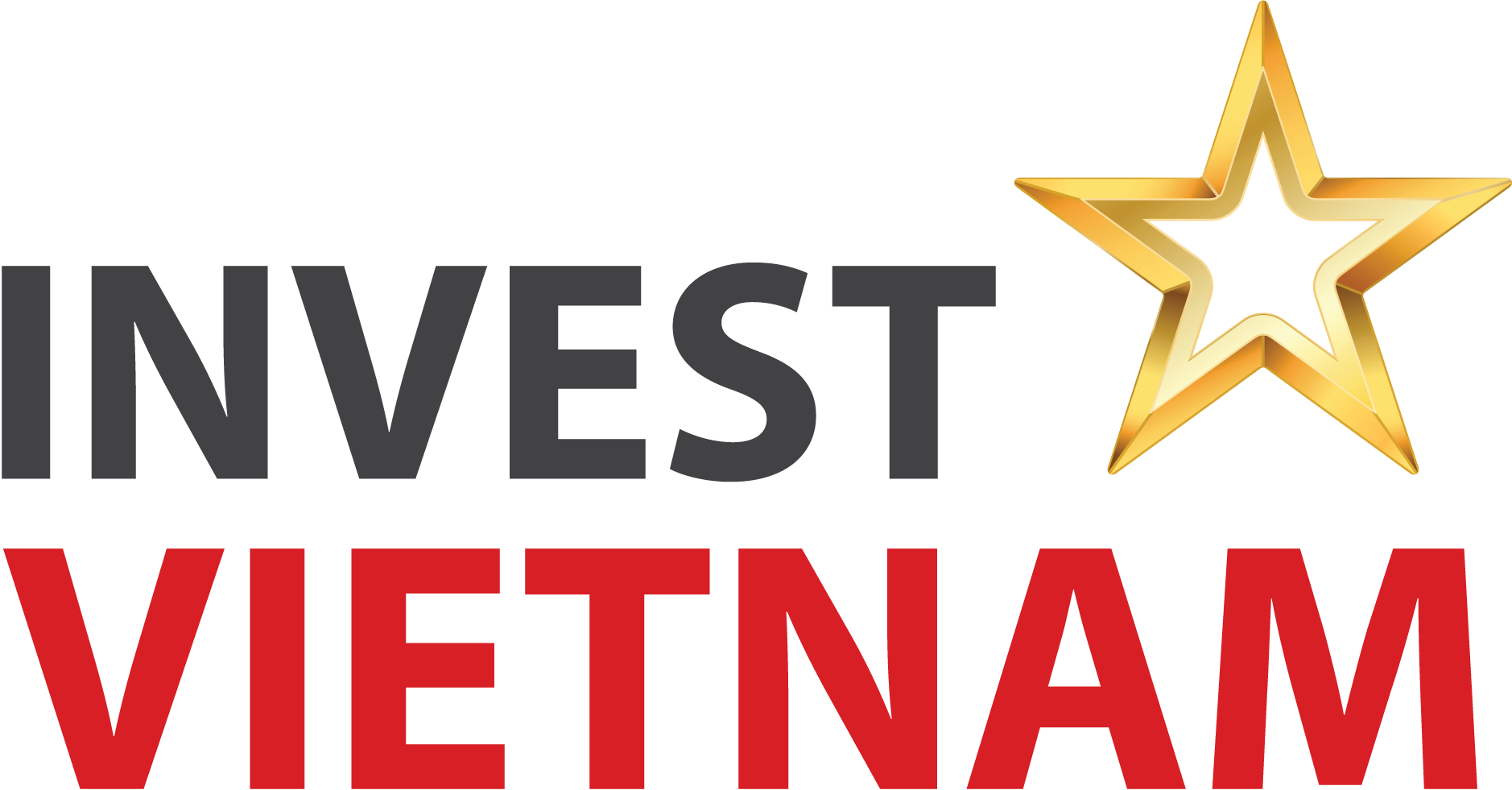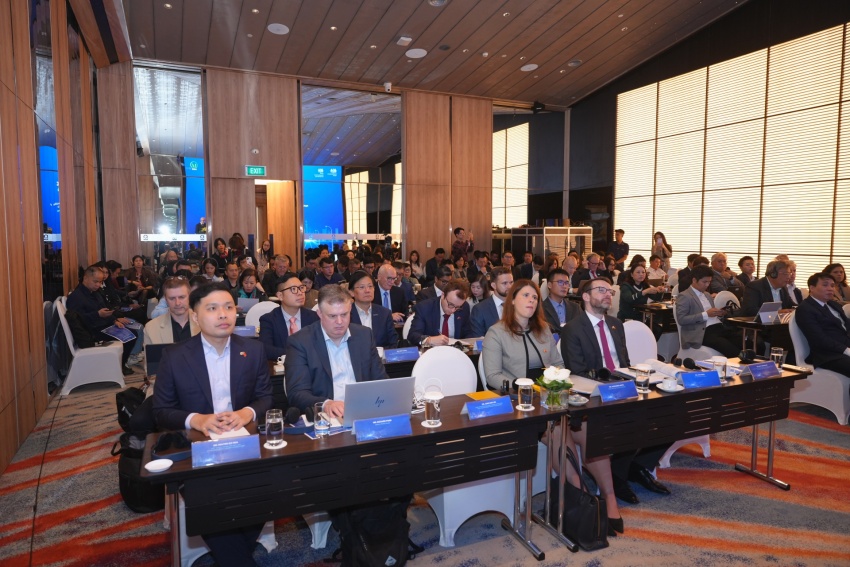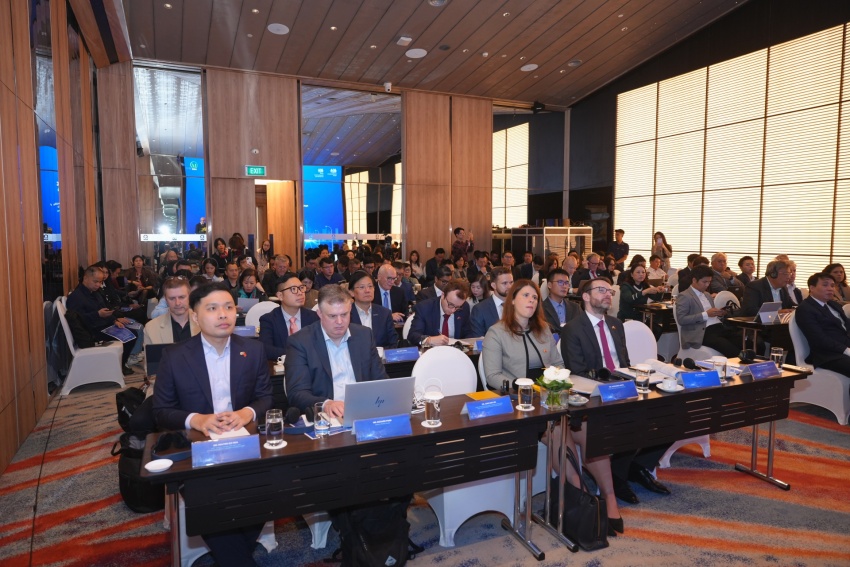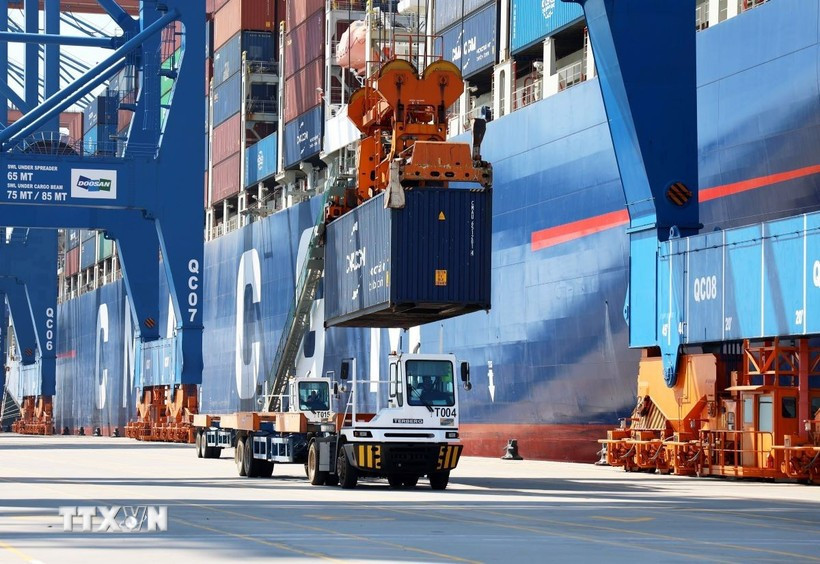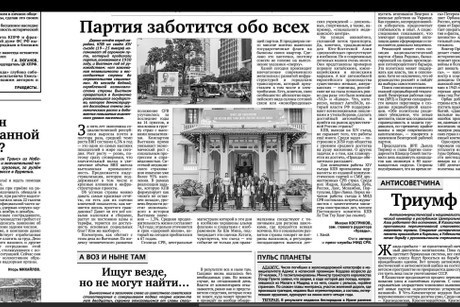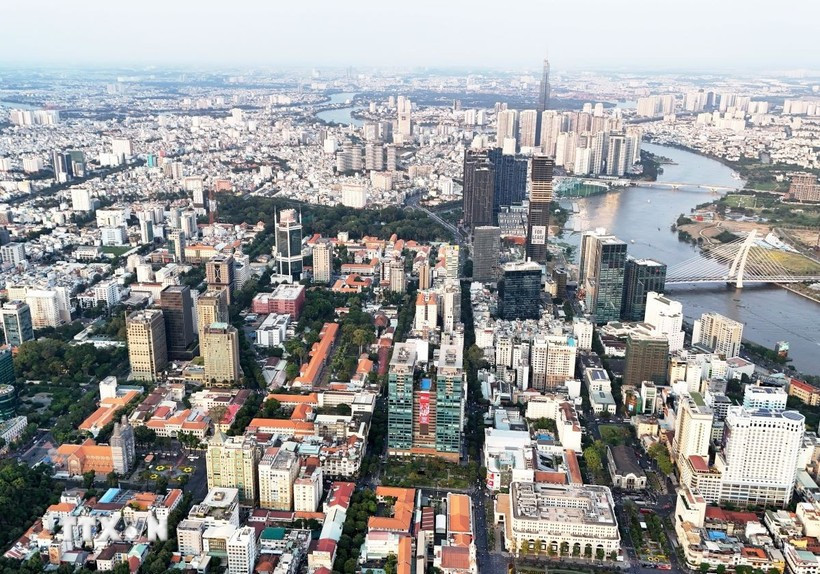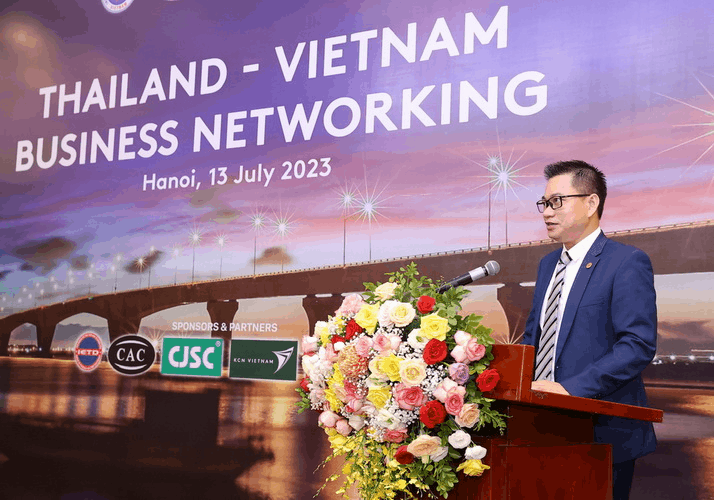South Korean investment under Indo-Pacific Strategy
The level of interest among South Korean investors in Vietnam is growing up on the back of the Indo-Pacific Strategy. Hong Sun, chairman of the Korea Chamber of Business in Vietnam, talked to VIR’s Bich Thuy about current and future investing trends.
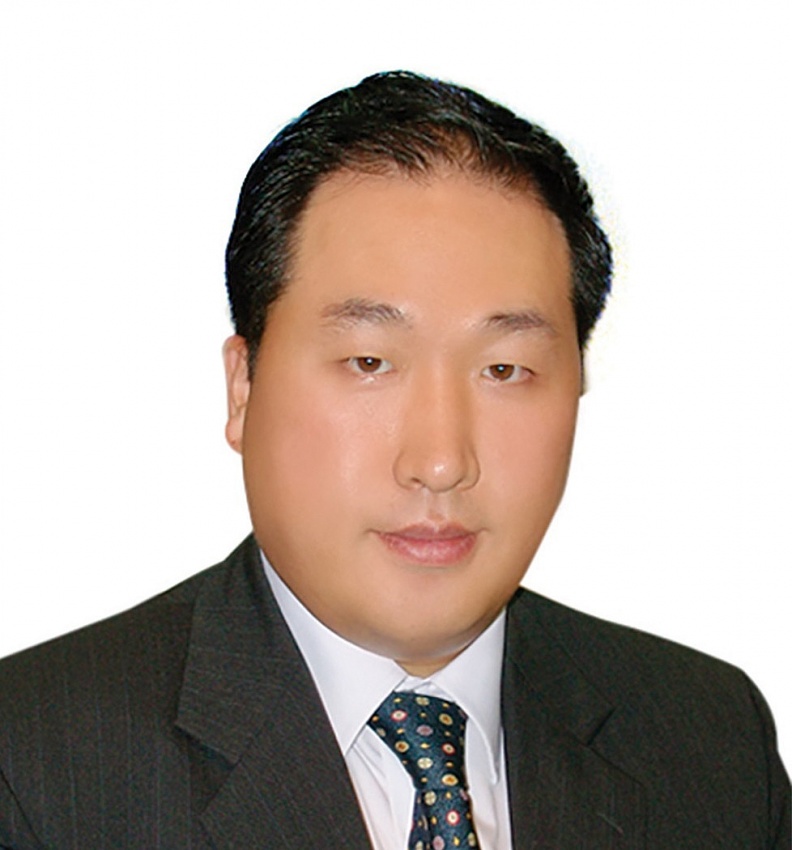
What is driving the business and investment trend among South Korean companies in Vietnam?
The South Korean government focused on its Southern Policy in the past. However, under the current leadership, the focus is now the Indo-Pacific Strategy, in which Vietnam is still an important partner of our country and businesses.
This strategy is a comprehensive strategy that encompasses the economic and security realms of Indo-Pacific nations. As South Korea is an Indo-Pacific nation, our national interests are directly tied to the stability and prosperity in the region. While strengthening the rules-based international order, which is conducive to a stable and prosperous Indo-Pacific, we will work towards a regional order that enables a diverse set of nations to cooperate and prosper together.
The Indo-Pacific Strategy will expand the geographical scope of the South Korea’s foreign policy and breadth of cooperation. Furthermore, it will enable us to further develop our network of strategic partnerships tailored to the region, including Southeast Asia, South Asia, Oceania, and the African coast of the Indian Ocean.
The market trend in general and the trend of business and investment among South Koreans in particular depends on a number of factors. And the Indo-Pacific Strategy is just one of them. Besides the market conditions and investors’ demands, many related policies can drive it. Still, many powerful investors of South Korea keep making investments in Vietnam.
I believe that South Korea will continue to lead the foreign investment inflows into Vietnam in 2024 and beyond as many billion-US-dollar renewable projects are waiting for licences from local Vietnamese authorities. Future prospects are bright following Prime Minister Pham Minh Chinh’s visit to Seoul in July, when he met with a number of big South Korean companies.
At present, more than 10,000 South Korean businesses are operating in Vietnam and the number is increasing to tap into Vietnam’s growth potential and new development space. For instance, Samsung is preparing to invest in a packaging project for the semiconductor industry. Meanwhile, Hyosung also plans to invest billions of US dollars here.
Along with traditional industries, semiconductors are attracting domestic and international businesses. What is the level of interest among South Korean companies in this field?
Semiconductors are one of the important products for many industries such as automobiles, electronics, and smart cities, among others.
In Vietnam, the government and local authorities have the ambition to develop this industry. However, it is necessary to ensure important basic conditions to pull in investment in this field, which includes incentive policies.
Globally, many countries have special incentive policies to facilitate the development of the industry. Specifically, in the US, the CHIPS Act is intended to lure microchip manufacturing back to the United States after several decades of individual companies offshoring the technology.
The move allocated $53 billion in federal incentives for domestic semiconductor manufacturing and research and development, of which $39 billion is set aside for a financial assistance programme administered by the US Department of Commerce to build new and expand existing semiconductor facilities. Companies are also eligible for a 25 per cent tax credit. US and foreign companies with facilities in the United States are eligible for the federal incentives.
Developing developed infrastructure is also critical. This is electricity supply strategy to ensure the stability for the industry.
Vietnam is on the radar of South Korean businesses to make investment expansions. Despite strong interest, the market condition in Vietnam yet to be favourable enough for them to deeply join the semiconductor industry development. They are in the process of studying the market opportunities. Moreover, global minimum tax is also affecting Vietnam’s attractiveness to South Korean companies in particular and foreign investors in general.
What are the necessary conditions for Vietnam to attract high-quality investment inflows in both the short term and long term?
Legal reform is one of the special concerns among foreign investors, including those from South Korea. The Vietnamese government has made efforts to improve the business climate after recommendations among businesses and investors. The country needs to make further refinements to increase its attraction.
In addition, many markets like the US, South Korea, and Taiwan have made success in this industry which Vietnam should learn from. For instance, Vietnam has advantages to developing the semiconductor industry, and so the Southeast Asian nation should have special incentive policies.
Developing human resources is another factor that requires a long development time before it can affect investment quality.
By Bich Thuy
Source: VIR
Original link